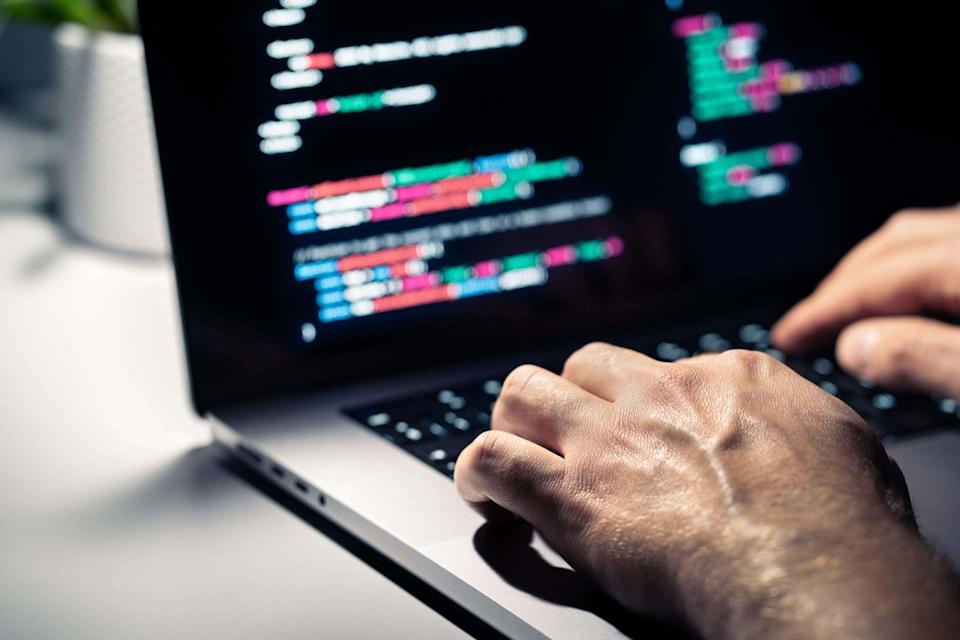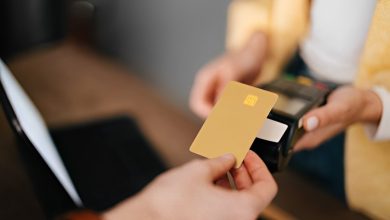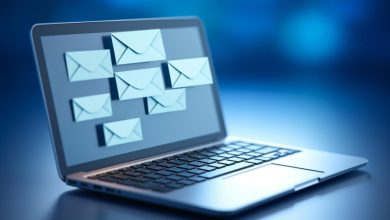16 Billion Passwords Leaked: What You Need to Know and How to Protect Yourself

Introduction
In one of the most alarming cybersecurity revelations to date, over 16 billion passwords leaked online have been discovered across various forums and underground platforms. This isn’t just a statistic—it’s a wake-up call. The magnitude of this breach has sparked concerns among individuals, corporations, and governments alike, prompting urgent discussions on digital safety, data protection, and privacy rights.
The leaked data contains login credentials, emails, and sensitive authentication information collected from years of cyberattacks, data dumps, phishing campaigns, and credential stuffing operations. Whether you’re a casual internet user, a business owner, or a tech professional, the implications of 16 billion passwords leaked could affect you more than you realize.
This article will dive deep into how such a massive leak happened, what risks it poses, which platforms may have been affected, and—most importantly—what actions you can take immediately to defend your personal and professional information.
How Did the 16 Billion Passwords Leak Happen?
This enormous password breach didn’t originate from a single incident but rather from a combination of cyberattacks spanning over a decade. Hackers have been collecting login credentials from various sources, including:
-
Phishing attacks that trick users into entering their credentials on fake websites
-
Data breaches from social media platforms, email providers, e-commerce sites, and more
-
Credential stuffing operations where bots test millions of stolen usernames and passwords on multiple sites
-
Unsecured databases where user credentials were stored without encryption
-
Public dumps on hacker forums where compromised databases are shared or sold
These attacks were carried out by both independent cybercriminals and organized hacking groups. Once stolen, the passwords were often stored in vast repositories known as “combo lists,” which are now believed to total over 16 billion entries.
What Makes This Leak So Dangerous?
The danger of the 16 billion passwords leaked isn’t just in the sheer number—it’s in the reuse of passwords across multiple platforms. Many users still rely on the same password for their email, banking, and social media accounts. Once one of these gets compromised, hackers can exploit other accounts with minimal effort.
Other key risks include:
-
Identity theft
-
Financial fraud
-
Corporate espionage
-
Email and social media account takeovers
-
Ransomware attacks using hijacked accounts
If cybercriminals manage to access your primary email account, they can often reset passwords for your other services, gaining full control over your digital life.
Who Is Affected by the Password Leak?
Given the scale of the 16 billion passwords leaked, virtually everyone who uses the internet is potentially at risk. Major platforms previously affected by data breaches include:
-
Email providers
-
Streaming services
-
Social media platforms
-
Online retailers
-
Financial institutions
-
Job boards and recruitment platforms
It’s important to note that even small websites, gaming platforms, and lesser-known apps can be part of this breach. Any site that required a login at some point could have been targeted.
What You Should Do Immediately
1. Change Your Passwords
Start with your email accounts, then move on to financial services, work platforms, and any other sites you use regularly. Choose strong, unique passwords for each site—no reusing!
2. Enable Two-Factor Authentication (2FA)
Two-factor authentication adds an extra layer of security by requiring a secondary verification method, such as a code sent to your phone or generated by an authenticator app.
3. Use a Password Manager
Password managers generate and store complex passwords for every site you visit. This way, you only need to remember one master password, and each site gets a unique login credential.
4. Monitor Your Accounts
Keep a close eye on bank accounts, emails, and any platforms where sensitive information is stored. Check your login history and revoke access to any unfamiliar devices.
5. Check for Breaches
Use tools and services that scan the dark web for compromised accounts linked to your email address. These tools can inform you of which passwords need to be changed urgently.
6. Educate Yourself on Cyber Hygiene
Stay updated on digital security trends. Avoid clicking on suspicious links or entering credentials on unfamiliar websites. Use secure networks and always log out of public or shared devices.
The Role of Companies and Platforms
While individuals are urged to take responsibility for their digital safety, companies also bear a heavy burden in this scenario. Organizations are expected to:
-
Encrypt stored passwords using strong hashing algorithms
-
Regularly audit and monitor systems for intrusions
-
Implement multi-factor authentication options for users
-
Notify users immediately when breaches occur
-
Comply with data protection laws like GDPR and CCPA
Unfortunately, many companies still store passwords in plaintext or fail to inform users quickly when leaks occur. This negligence contributes to massive combo lists being compiled over time.
Governments and Cybersecurity Laws
With the 16 billion passwords leaked incident gaining global attention, several governments are now considering stronger regulations. Countries are working on enforcing better data protection laws, prosecuting cybercriminals, and promoting international cooperation in tracking underground hacker networks.
Some governments have even launched public awareness campaigns urging citizens to update their security practices. Cybersecurity is now seen not just as a tech issue, but as a national security concern.
The Long-Term Implications
This breach has broader implications beyond just individual accounts. As digital life becomes the norm, such leaks could impact:
-
Elections and political campaigns
-
Healthcare systems
-
Supply chains and logistics
-
Education platforms
-
Military and government databases
The cost of cybercrime is estimated to reach trillions of dollars globally, and data leaks like this one are a major contributor. It’s a wake-up call to treat personal data as seriously as we treat physical assets.

Frequently Asked Questions (FAQs)
What does the “16 billion passwords leaked” news mean?
It means a compilation of 16 billion stolen or leaked passwords from various data breaches has been made public or sold online.
Where did these passwords come from?
They were collected over time from breaches of websites, apps, services, phishing scams, and unsecured databases.
How do I know if my password is part of the leak?
You can use data breach monitoring tools to check if your email or login credentials have been compromised in known leaks.
What if I reuse the same password across multiple sites?
This significantly increases your risk. If one site is compromised, all other accounts using the same password are vulnerable.
Is two-factor authentication enough to keep my account safe?
While 2FA greatly improves security, it’s not foolproof. It should be used alongside strong, unique passwords for the best protection.
Are password managers safe to use?
Yes, reputable password managers use encryption to protect your data and offer a safer alternative to memorizing or reusing passwords.
Should companies be doing more to protect user data?
Absolutely. Companies must implement encryption, alert systems, and better breach response protocols to ensure user safety.
What happens to leaked passwords on the dark web?
They are often sold in bundles or used by hackers for credential stuffing, identity theft, and ransomware attacks.
Will the number of password leaks keep rising?
If better cybersecurity practices aren’t enforced globally, leaks will likely continue to rise due to increasingly sophisticated hacking methods.
What steps can families take to protect themselves?
Educate each member about password safety, avoid sharing logins, and use different passwords for school, work, and personal accounts.
Conclusion
The revelation that 16 billion passwords leaked online is more than a shocking headline—it’s a serious threat to global digital security. Whether you’re an everyday user or a high-level executive, this breach serves as a harsh reminder that no one is immune from cybercrime.
Your best defense is vigilance. Take action now to update your passwords, enable two-factor authentication, and stay informed about future risks. Digital security isn’t just a technical issue—it’s a personal responsibility in our modern, interconnected world.




